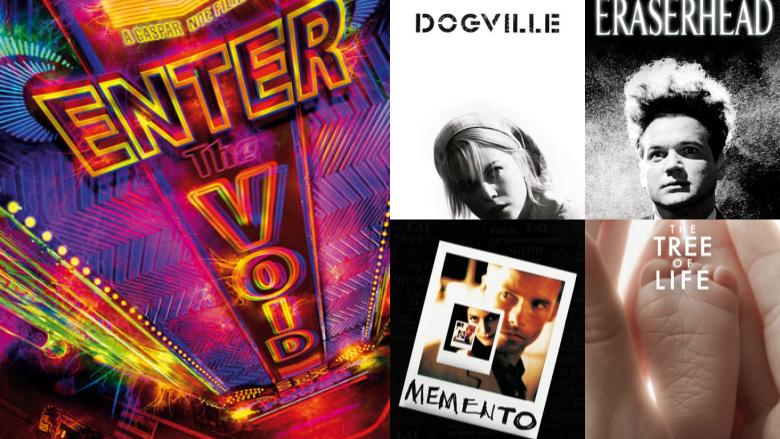 © Photo: Provided by Likewise
© Photo: Provided by Likewise Dive into the unparalleled world of experimental and avant-garde cinema where storytelling transcends traditional boundaries to challenge your perception, ignite your imagination, and deeply engage your intellect. Below is a curated list of inspiring films that epitomize these traits.
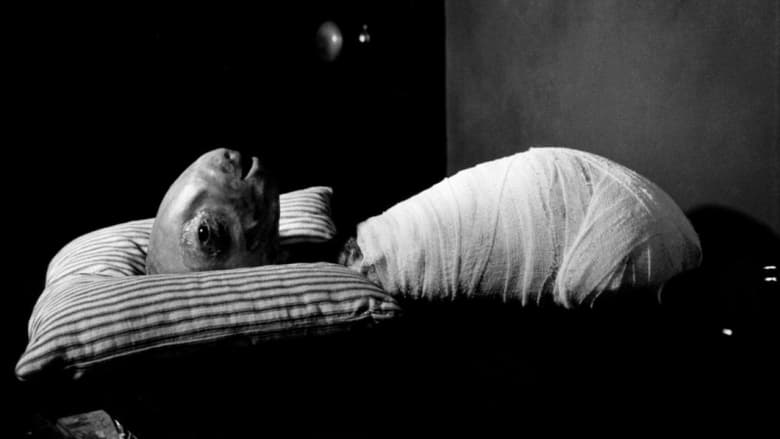 © Photo: Provided by Likewise
© Photo: Provided by Likewise David Lynch's debut film, "Eraserhead" (1977), introduces us to Henry Spencer, who navigates a dystopian, industrialized America. Wrestling with his tumultuous life, Spencer deals with an angry girlfriend and the incessant cries of his mutant child. This film, with an average rating of 3.9, presents a darkly surreal narrative that has cemented Lynch's reputation as a master of avant-garde cinema.
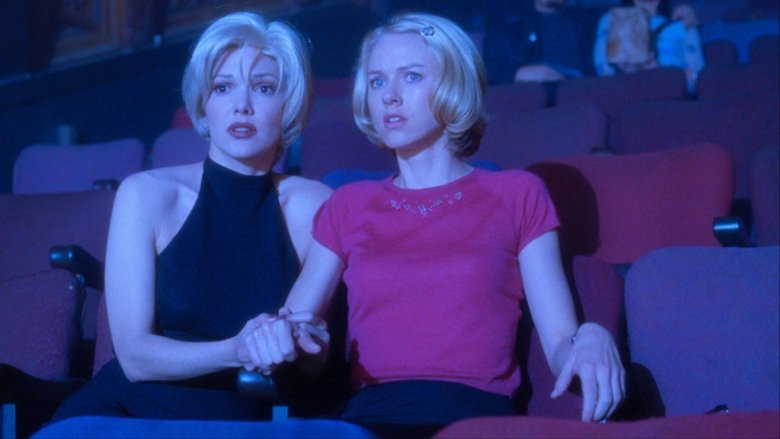 © Photo: Provided by Likewise
© Photo: Provided by Likewise "Mulholland Drive" (2001), another Lynchian marvel, takes us on a labyrinthine journey with Betty Elms, an aspiring actress who encounters a mysterious amnesiac. As they attempt to uncover the brunette's identity, filmmaker Adam Kesher faces ominous troubles during his casting process, weaving a complex tale of Hollywood's underbelly. This critically acclaimed film holds an impressive rating of 4.1.
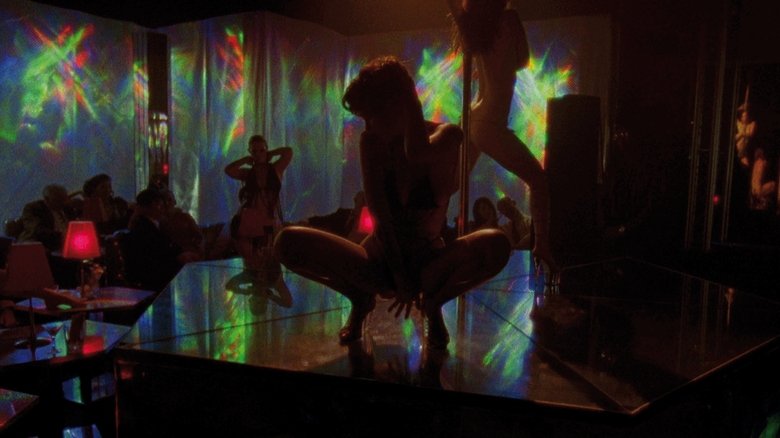 © Photo: Provided by Likewise
© Photo: Provided by Likewise Gaspar Noé's "Enter the Void" (2009) offers a psychedelic exploration of life after death. Told from the perspective of Oscar, a young drug dealer who is killed in Tokyo, the narrative follows his spirit as it experiences past traumas, his own autopsy, and the future of his sister. This film, rated 3.5, is a visually arresting foray into existentialism and metaphysics.
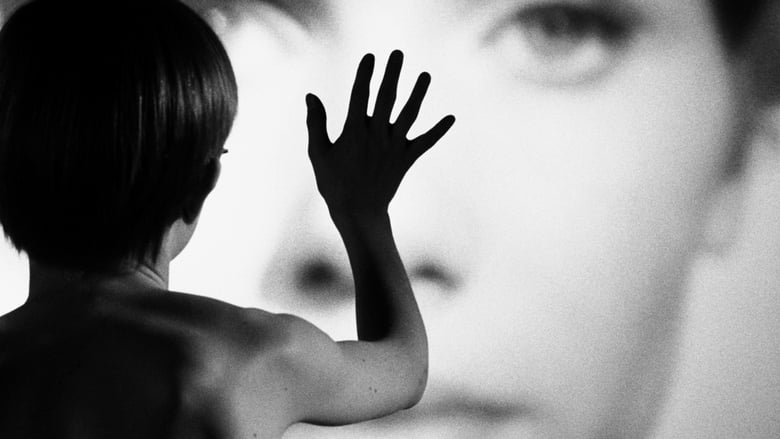 © Photo: Provided by Likewise
© Photo: Provided by Likewise Directed by Ingmar Bergman, "Persona" (1966) delves into the complex relationship between a nurse and her patient, an actress who has become mute. As the nurse shares her deepest thoughts, the boundaries between their identities blur, revealing profound insights into existence and human connection. Its profound themes are reflected in its average rating of 4.
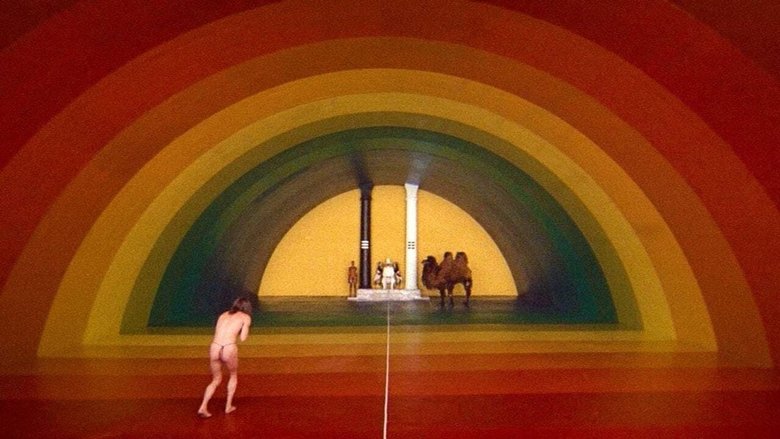 © Photo: Provided by Likewise
© Photo: Provided by Likewise Alejandro Jodorowsky's "The Holy Mountain" (1973) is a visually stunning journey that assembles a group from various walks of life, representing different planets, to undergo mystical rites and seek enlightenment. On Lotus Island, they aim to displace the immortal gods ruling the universe, presenting a transcendental adventure that holds a 4.2 rating for its sheer surrealistic brilliance.
 © Photo: Provided by Likewise
© Photo: Provided by Likewise Richard Linklater's "Waking Life" (2001) is an animated film that follows a young man in a persistent lucid dream state. It combines philosophical musings on reality, free will, and the meaning of life through a series of dialogues with various characters. This thought-provoking film, rated 4, challenges viewers to reflect on their own existence and consciousness.
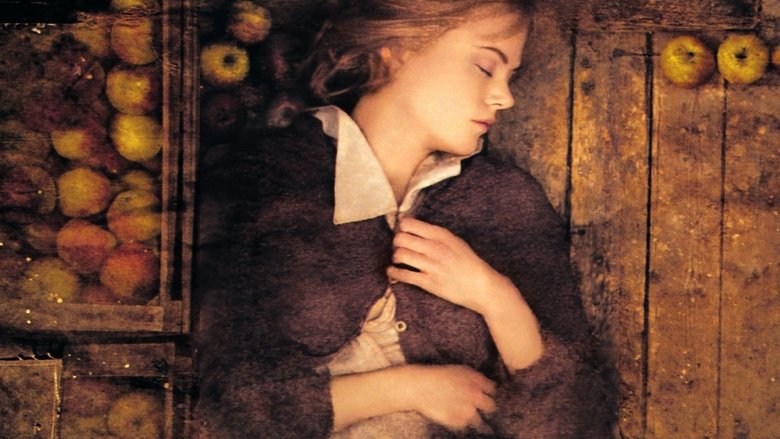 © Photo: Provided by Likewise
© Photo: Provided by Likewise Lars von Trier's "Dogville" (2003) tells the story of Grace, a woman hiding in a small town from pursuing criminals. The townspeople offer her refuge in exchange for laborious work. However, her existence as an outsider invites cruelty and abuse, building tension in this experimental drama. Holding an average rating of 4.1, it presents a raw look at human nature and morality.
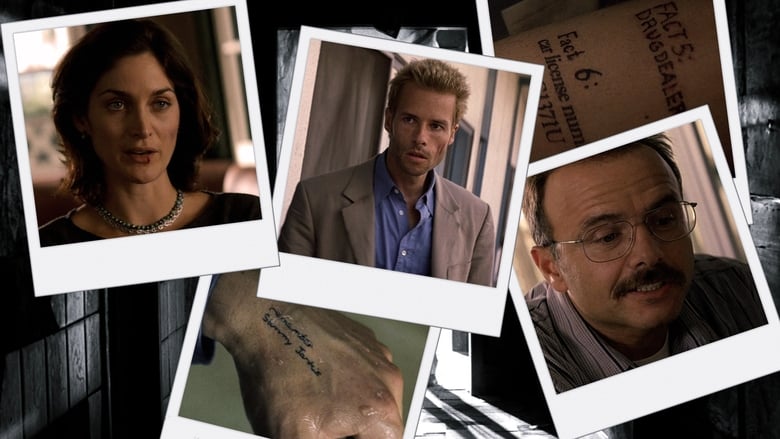 © Photo: Provided by Likewise
© Photo: Provided by Likewise Christopher Nolan's "Memento" (2000) centers on Leonard Shelby, who seeks the man who murdered his wife, complicated by his short-term memory loss. Unable to retain new memories, Leonard's quest unfolds in a non-linear narrative that forces the audience to piece the story together, reflecting his fragmented reality. With a stellar rating of 4.4, it redefined the thriller genre.
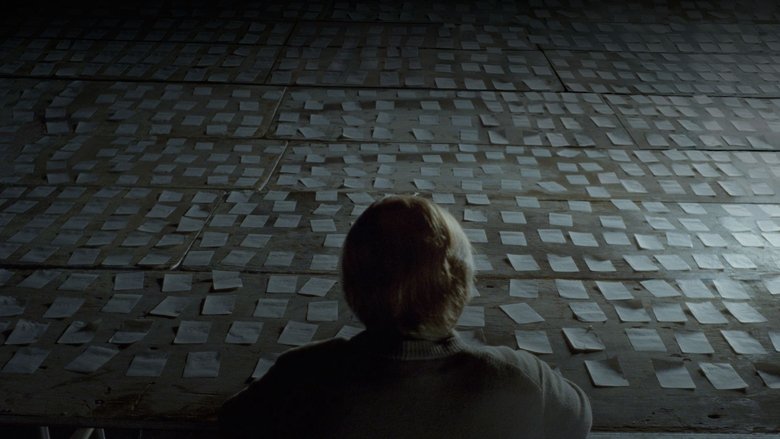 © Photo: Provided by Likewise
© Photo: Provided by Likewise Charlie Kaufman's "Synecdoche, New York" (2008) depicts a theater director's attempt to create a life-size replica of New York inside a warehouse for his new play. As he grapples with existential and personal crises, the boundaries between reality and art blur, offering a poignant meditation on life and creativity. This introspective film is rated 4.
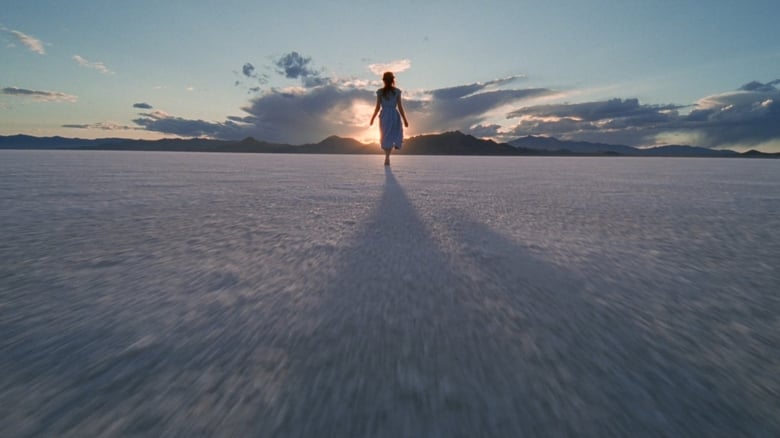 © Photo: Provided by Likewise
© Photo: Provided by Likewise Terrence Malick's "The Tree of Life" (2011) presents an impressionistic glimpse of a 1950s Texas family, focusing on the eldest son, Jack, and his journey from innocence to disillusionment. It explores themes of faith, existence, and reconciliation with one’s past. With an experimental narrative style and a rating of 3.3, it stands as a reflective piece on life's profound questions.
 © Photo: Provided by Likewise
© Photo: Provided by Likewise "Un Chien Andalou" (1929), directed by Luis Buñuel and Salvador Dali, is a seminal piece of European avant-garde and surrealist cinema. It's a film built on a dream logic narrative, defying conventional structure and coherence, presenting a series of bizarre and provocative images. This influential short film is rated 3.8.
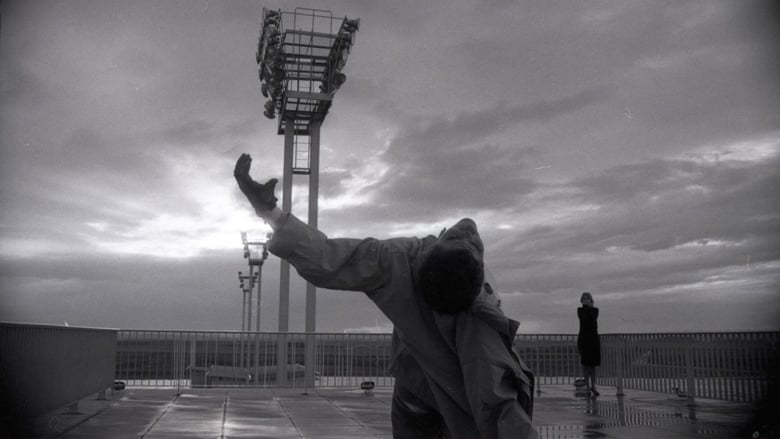 © Photo: Provided by Likewise
© Photo: Provided by Likewise Chris Marker's "La Jetée" (1962) is a post-apocalyptic narrative told almost entirely through still images. It follows a man sent through time to unravel the solutions to a devastated future, caught in a perpetual loop of his memories at an airport. This innovative film holds a rating of 4, showcasing a unique approach to storytelling.
The Mirror
 © Photo: Provided by Likewise
© Photo: Provided by Likewise "The Mirror" (2014), directed by Edward Boase, delves into the dark folklore surrounding haunted mirrors, which are believed to be gateways to other dimensions. The film follows flatmates who purchase an eerie antique mirror, hoping to capture supernatural occurrences. With stories of misfortune and eerie sightings, this film, rated 2.4, has become a modern horror piece reflective of ancient superstitions.













